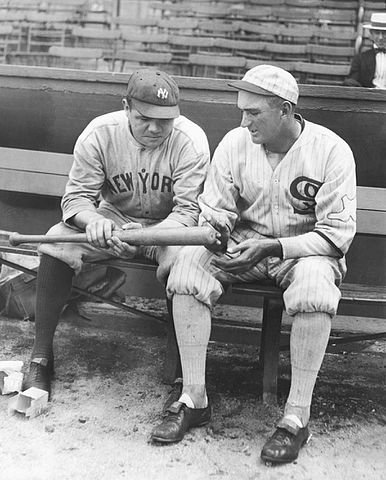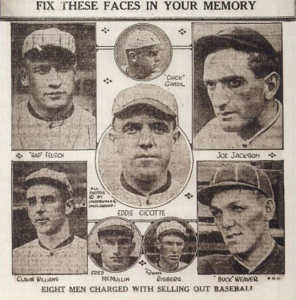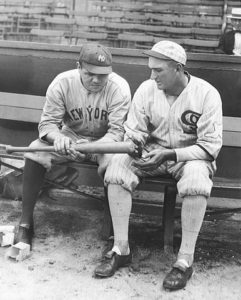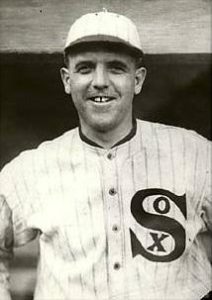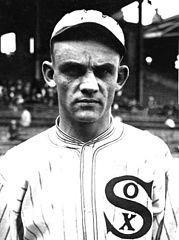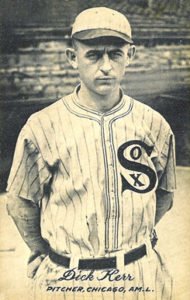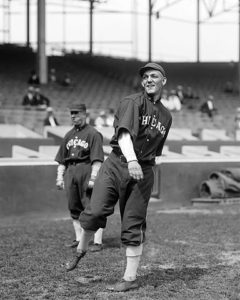The Chicago Black Sox and the Scandal Surrounding the 1919 World Series
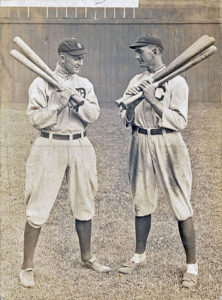
Almost one hundred years after the Black Sox scandal, the legend of Shoeless Joe Jackson, created by disingenuous journalists and burnished by Hollywood, lives on in the American imagination. An illiterate mill hand, a country boy who escaped small town poverty and obscurity as a baseball savant, Jackson is perceived as tragically victimized by wealthy owners and slickered by hustlers and cheats who took advantage of his childlike innocence. Ironically, without the backstory of the Black Sox scandal, Jackson would have been consigned to the obscurity heaped on such players as Tris Speaker, Nap Lajoie, Rogers Hornsby, Honus Wagner, George Sisler and many other stars of the early 20th century who now are prominent only in the consciousness of obsessive journalists or baseball historians.
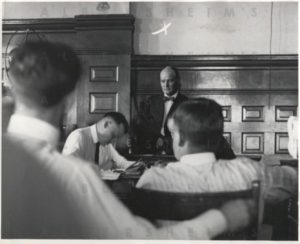
It is alleged that earlier in the baseball season, Burns had spoken on several occasions with Eddie Cicotte about the possibility of fixing the World Series. Burns and his buddy Maharg knew that they could never finance such an undertaking on their own and they traveled to New York in late September in an attempt to recruit Arnold Rothstein as their financier.
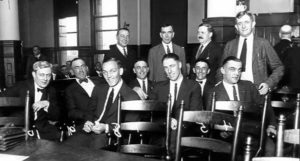
All of the seven most prominent indicted White Sox lawyered up, renounced their confessions and denied their participation in a conspiracy. Only dogged pursuit of Bill Burns, funded by Ban Johnson and assisted by Billy Maharg, saved the case, the gambler finally agreeing to appear and testify.
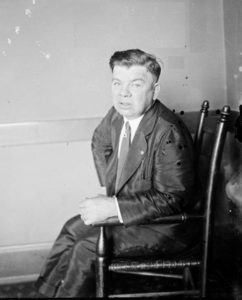
Eventually, an explosive interview with gambler Billy Maharg appeared in a September 27 edition of a Philadelphia newspaper. Maharg told the whole story of he and Bill Burns attempts to fix the series, the double cross by Abe Attell, the promise of $100,000, the partial payment of 10 grand and the pivotal role of Eddie Cicotte. Maharg also explained that he and Burns had lost everything on game 3 after Chick Gandil assured them that the Sox would bag the game. The article prompted a national sensation and desperation damage control from Charles Comiskey.
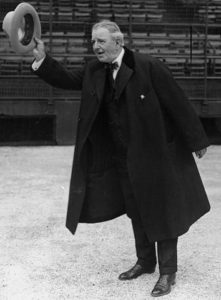
Comiskey responded to the Maharg article by suspending all seven alleged conspirators but also decided on the additional PR strategy of delivering some of the key players to the grand jury with predetermined testimony. They wished to convey the impression that Comiskey wanted to get to the bottom of a conspiracy he had tried to cover up for almost a year.

The highest paid player on the team and the second highest in the league with the exception of Ty Cobb was Eddie Collins, who was shrewd enough to demand his $15,000 salary upon being traded to the White Sox by the Philadelphia Athletics. Already disliked for his Ivy League background, (Collins graduated from Columbia) players like Gandil hated the second baseman and never spoke with him on or off the diamond. Gandil also had his nose broken on the basepaths by the scrappy Collins in 1912, when Gandil played for the Washington Senators, the salary differential an additional element adding to the first baseman’s deep animosity.
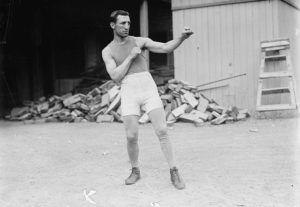
On the eve of game one, the center of baseball buzz in Cincinnati was the prestigious Hotel Sinton. Burns, a former ball player and acquaintance of Chick Gandil, was able to set up a meeting with seven of the eight White Sox in on the fix, only Joe Jackson was absent. Burns eventually introduced them to Maharg, a former boxer named Abe Attell and a mysterious Mr. Bennett aka David Zelcer, a high stakes gambler with alleged ties to Arnold Rothstein.
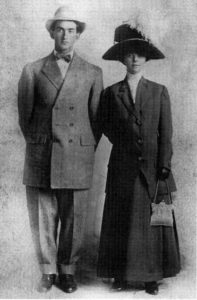
Perhaps on the urging of his wife, Jackson would subsequently attempt to come clean with White Sox management and disown the money but this cannot erase Jackson’s willingness to take the payoff to begin with. Ultimately his own behavior would lay the groundwork for a terrible tragedy.
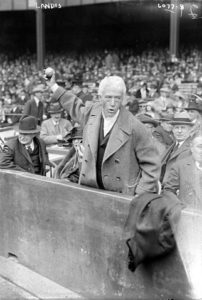
Understanding that gambling was currently inextricably tied to baseball, various owners proposed hiring Judge Kenesaw Mountain Landis, a federal judge as the commissioner of the sport. Landis was probably the most well known judge in America, Having famously fined John D. Rockefeller 29 million dollars in a previous anti-trust decision. Although this fine would be thrown out on appeal, Landis gained the reputation as a fearless and tough minded jurist of impeccable reputation and was additionally a rabid baseball fan. Initially, Landis was hired to lead a new commission but eventually it was agreed that he would be appointed sole Commissioner with unlimited power and a huge raise over his federal salary.

Podcast: Play in new window | Download
Subscribe: RSS

